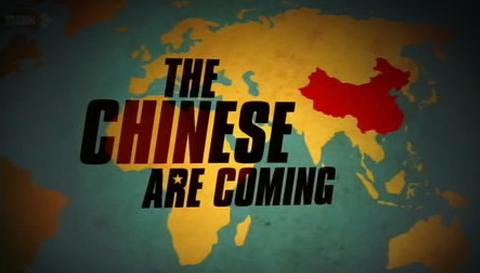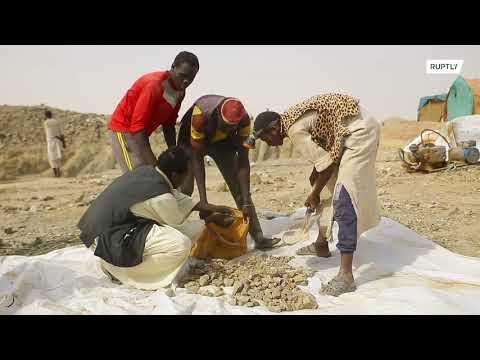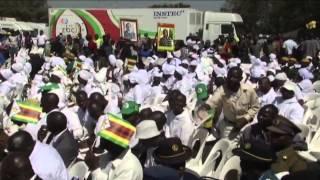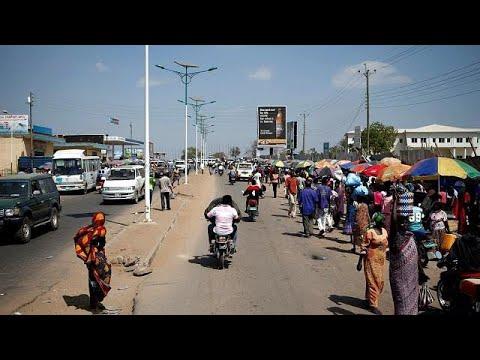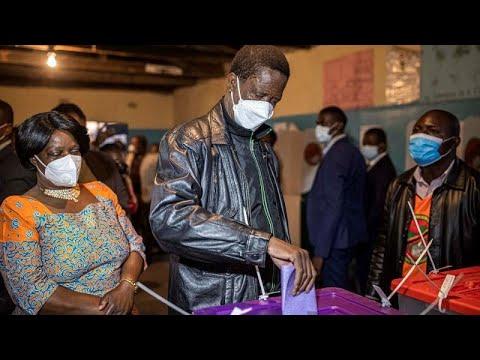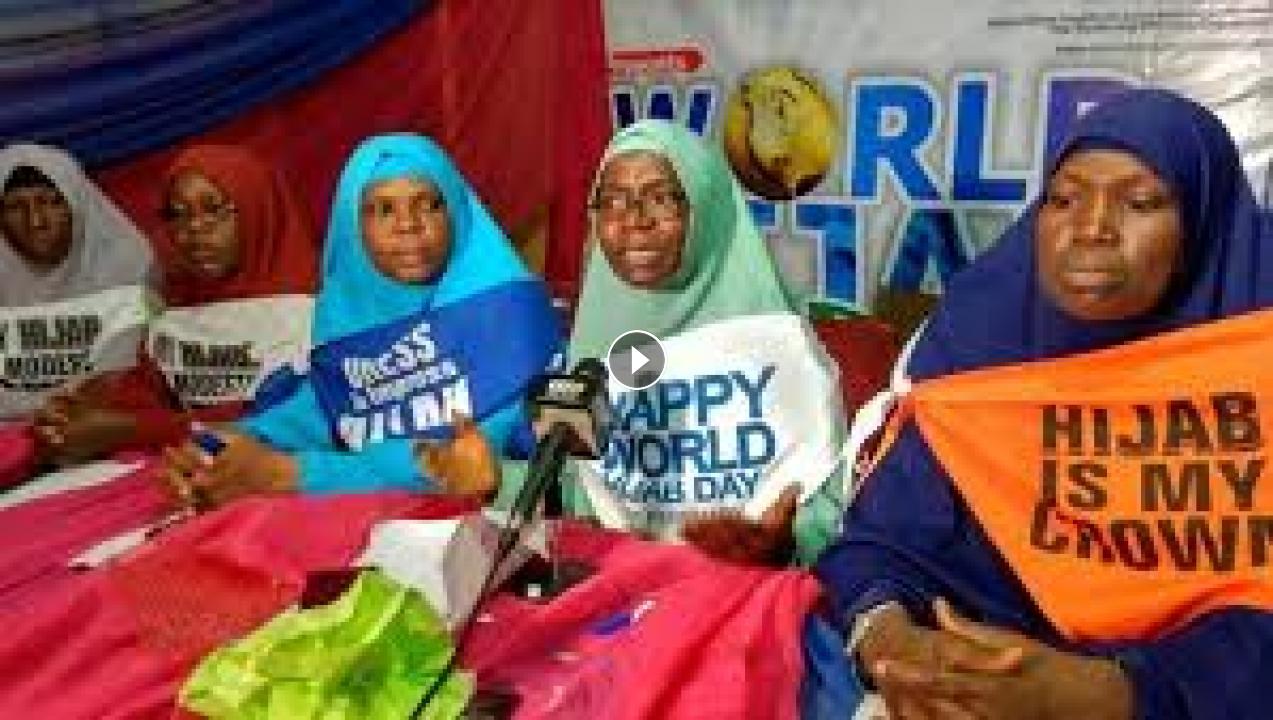Nestled among vegetables, plastic kettles and hand-dyed fabric in market stalls are the signs of a feminist revolution: piles of poorly printed books by women that advocate forcefully against conservative Muslim traditions such as child marriage and quick divorce. These books are part of a flourishing literary movement centered in the ancient city of Kano, in northern Nigeria, where dozens of young women are rebelling through romance novels. Hand-written in the Hausa language, the romances now run into thousands of titles. Many rail against a strict interpretation of Islam propagated in Nigeria by the extremist group Boko Haram, which has kidnapped hundreds of girls from schools and forced them to marry militants. Hadiza Nuhu Gudaji, a veteran writer who has gained a level of recognition unusual for women in her society, says that since her childhood, she always wanted to become a writer. She says her first work focused on the need to give girls a good education "no matter what." "When you educate a woman, you educate the world." Her second novel addresses the scourge of divorce and how to deal with problematic husbands. In northern Nigeria, a man can divorce a woman simply by announcing three times, "I divorce you." When that happens, the former wife leaves alone and may not know what will happen to her children. The novellas are derogatorily called "littattafan soyayya", meaning "love literature," Kano market literature or, more kindly, modern Hausa literature. Daily readings on about 20 radio stations make them accessible to the illiterate. Women are bringing "revolution into our society", says Ado Ahmed Gidan Dabino, a male novelist, essayist, actor and head of the Kano branch of the Nigerian Writers' Association. "Men, they start learning, understanding. This is a very important thing." Gudaji's novellas are so popular that she is invited to give her views and advice on radio talk shows. Young girls call in to the shows and say they're learning to read because they want to follow more stories. That is no minor feat in a region that has more children out of school than almost anywhere on earth. In northeast Nigeria, the birthplace of Boko Haram, only one in five girls has had any formal education. Parents routinely pull 13- and 14-year-olds out of school to get married; the name Boko Haram literally translates as "Western education is sinful." The group also denounces the Western influences that are inextricably entwined with the romance genre - an argument Gudaji firmly rejects. Her 16-year-old son was blinded in one eye and took seven bullets during a 2014 Boko Haram attack on Kano's Grand Mosque. She says the group claims to be against girls' education only as a front to mask "their own agenda." Although the romance industry caters largely to women, it's often men who profit. Kano's Maharazu Bookshop has piles of paperback novels reaching to the ceiling, some gathering dust on the floor. Owner Suleiman Maharazu is going through a list from a middle-aged woman reader who is too shy to be interviewed without the permission of her absent husband. They have titles that translate as The Importance of Love, Big Tragedy, Your Face is Your Passion, The Beauty of a Woman is in Cooking, and The Woman Who Lost Control. Maharazu says the value of a text is based on the popularity of the author. "We don't value a manuscript that is not from a popular author." Only a couple of the Hausa novels have been translated into English. Sin is a Puppy that Follows You Home was translated by Indian publishers and subsequently made into a Bollywood movie. Critics say the novellas give girls unrealistic expectations, inspire rebellion and are un-Islamic.
- Category
- Nigeria




